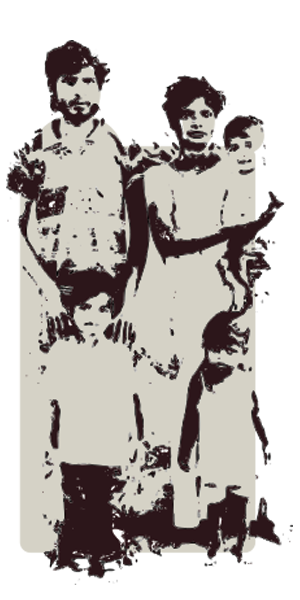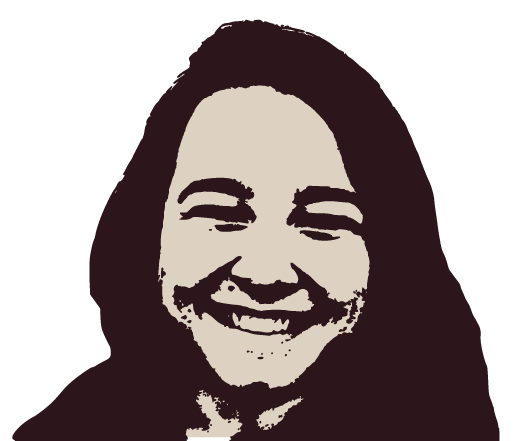-
 Meet Chitra“I never imagined that one day I would be havinga house of my own. This land and house has givenClick Hereme and my family a future to look forward to.”Story provided by Solid Ground
Meet Chitra“I never imagined that one day I would be havinga house of my own. This land and house has givenClick Hereme and my family a future to look forward to.”Story provided by Solid Ground
-
 Get InformedLearn how land rights impact the lives ofwomen around the world.Click Here
Get InformedLearn how land rights impact the lives ofwomen around the world.Click Here Raquel Ludermir, Academic & Activist
Raquel Ludermir, Academic & Activist
Profession: Sugar Cane Cutters
Chitra lives with her husband Masilamani in the village of Keezahinjipattu, Cuddalore, Tamil Nadu, India. They belong to the tribal community of the Irulas.
Chitra and her husband have worked as sugar cane cutters for as long as they can remember and have never owned land. During the off season, they sell fish that they catch in the backwaters to add to their income.
Chitra and Masilamani have three young boys Aravind, 4; Arun, 3; and Mathan, 2. As the children are too young to be in school, the couple must leave the children at home. An arrangement that many families in their condition resort to. The community in such situations plays the vital role of protectors.
Chitra lives on common land that was also used for crushing paddy. This unoccupied land was open for all the families of the tribal community. She and her husband never imagined owning their own land or home.
In this arrangement, however, the family faced continuous fear of displacement. Open to physical and economic vulnerabilities, Chitra and many other mothers like her hoped for a more secure future.
Realizing the importance of land rights, Habitat for Humanity India worked with the Irula tribal community to advocate for their land and housing rights with the local government.
Through the advocacy of Solid Ground Advocacy Campaign (SGAC), the Indian government recognized the need for housing for both the landless and economically weaker sections of society. The advocacy and community led demands led by SGAC were successful in getting land for Masilamani and Chitra. Habitat India was then able built a house for the family on the land that was provided by the government of Tamil Nadu.
Chitra is happy that she is able to give her children a chance to improve their future. The road to owning land that Chitra and Massilamani call their own has been hard and tedious. It involved recognizing their rights and changing mind-sets. However, it has resulted in the Irula community coming forward to voice their need and right to safe and secure living.

